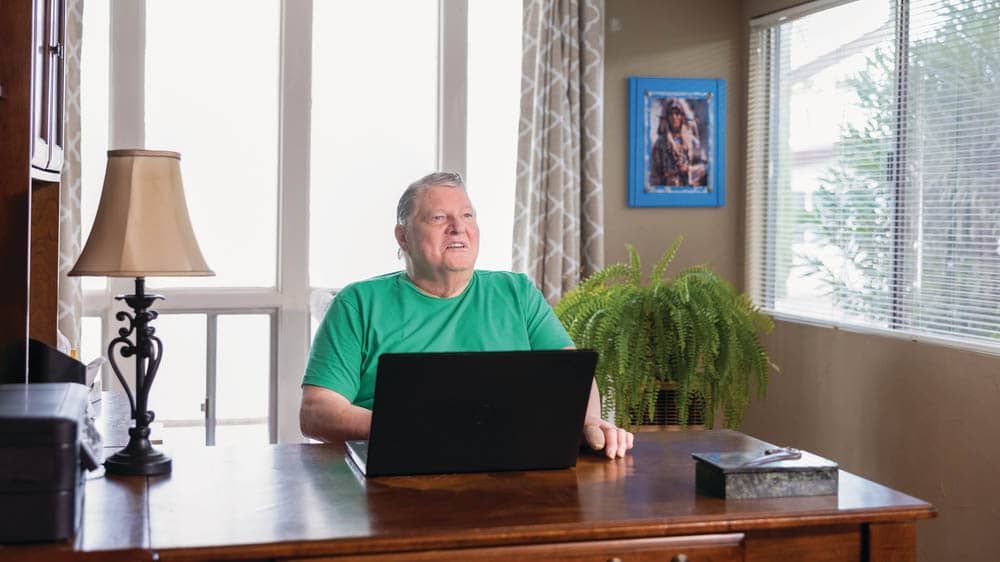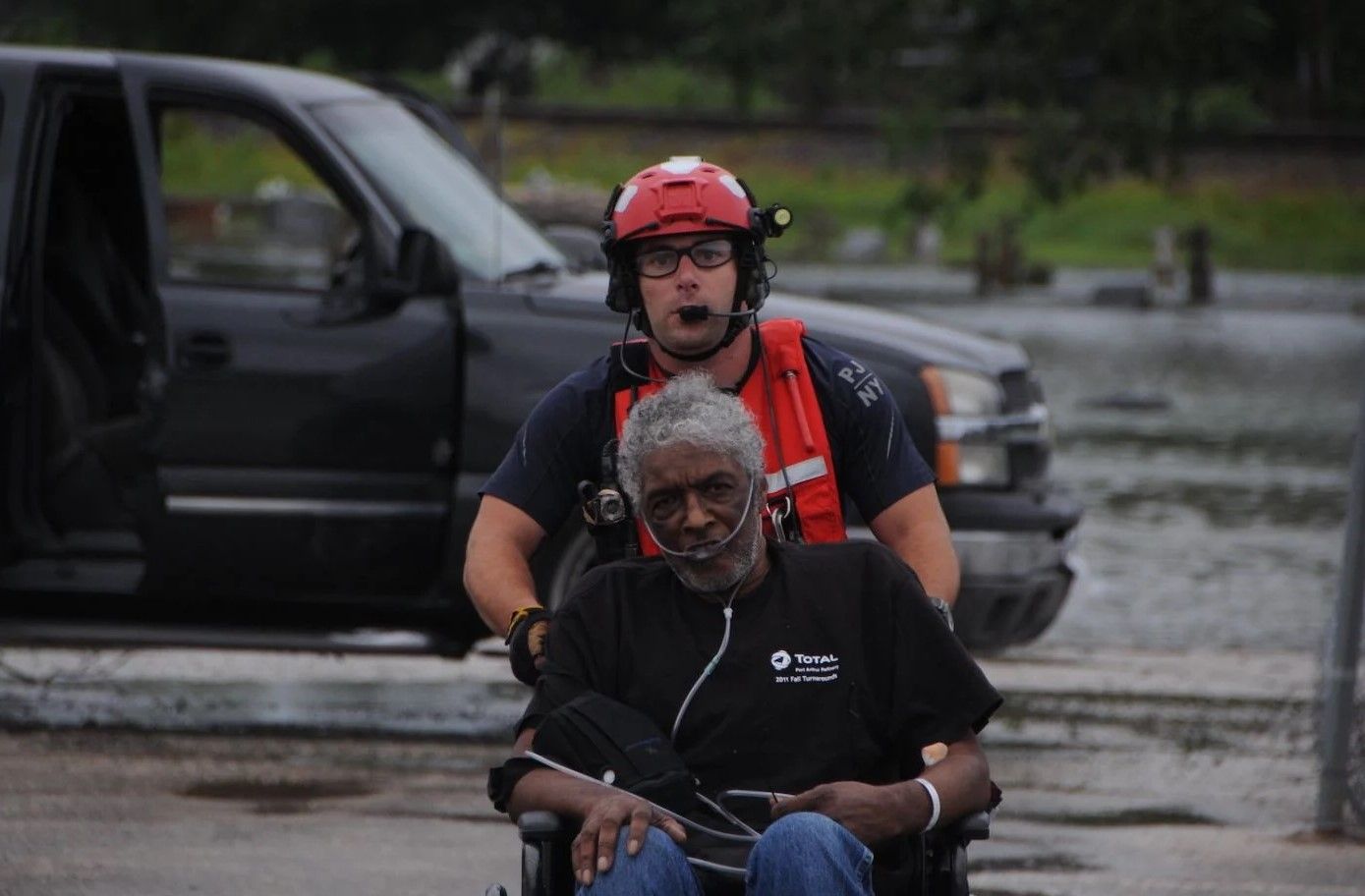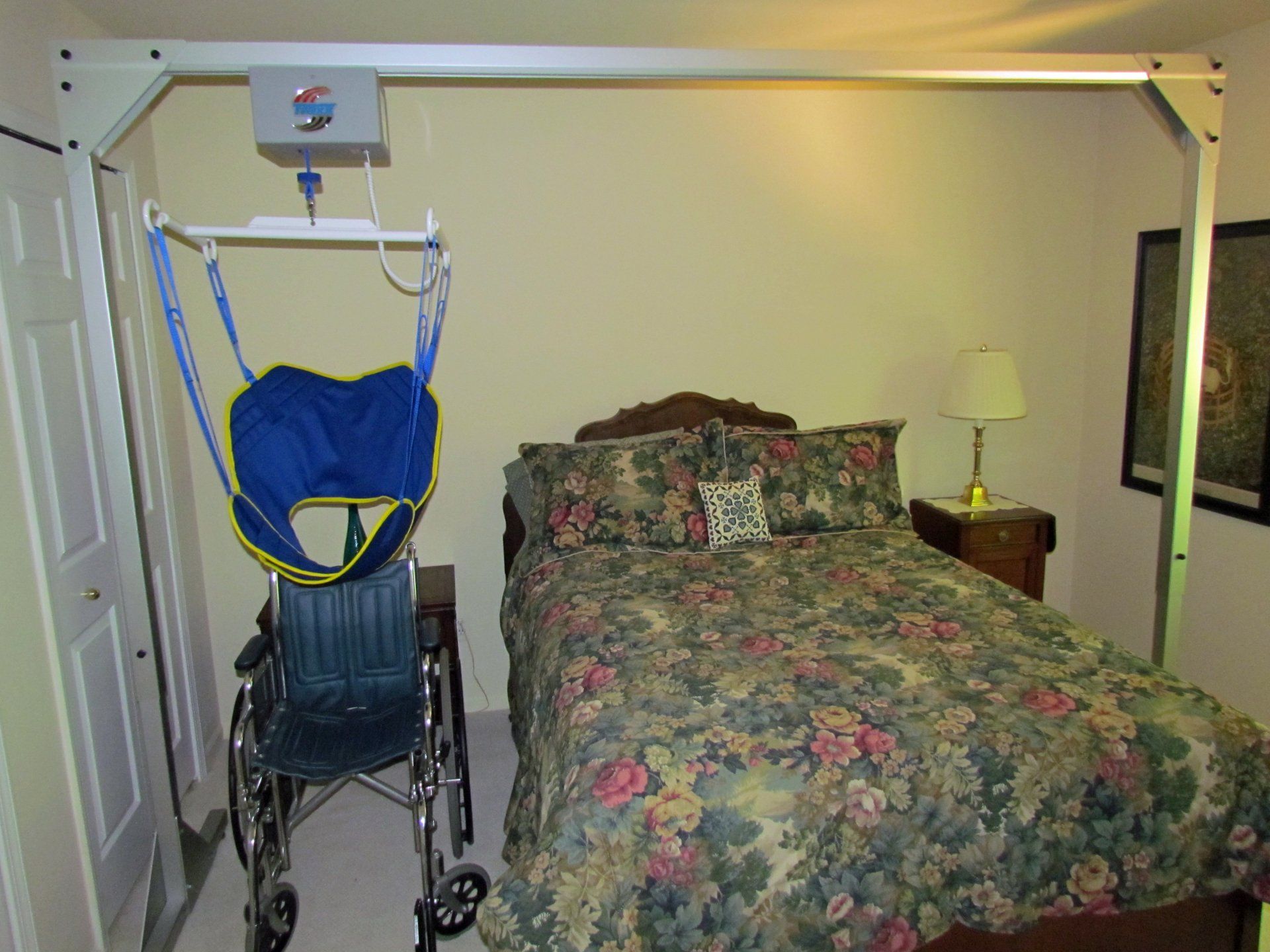How to Be a True Friend to a Family Caregiver
By Carol Bradley Bursack, Minding Our Elders. Originally published on Agingcare.com.
Family caregivers often find that their social circles shrink over time. Casual friends are typically the first to drift away because a caregiver is too busy to get together, but close friends may disappear eventually as well. These friends are not bad people, though. More than likely, they don’t know how to help a caregiver and they find it easier to share their time with people whose lives are less complicated.
If you are just a casual friend to someone who is caring for an ill or aging loved one, then perhaps it’s best to remain that way. However, some of you want to do more for friends who have found themselves in this difficult role. You want to be there for them, but the trouble is that you don’t know where to start.
How to Support a Friend Who Is a Caregiver
The following tips may give you some insight into what you can do to help your friend as they devote a good portion of their time, energy and funds to their loved one. (Remember to take this as general advice since every caregiver and every care situation is unique.)
- Listen attentively. Really listen to what they have to say. Caregivers rarely expect others to solve their problems, but they need to vent their frustration and sorrow from time to time. Respond during conversations with sounds or short comments to assure them that you are engaged and really do care. Pretending to listen rarely fools anyone. If you want to be a true friend, listen attentively.
- Don’t tell horror stories. For example, someone who has just made the difficult decision to place a loved one in a care facility doesn’t need to hear about a substandard nursing home in another community where something terrible reportedly occurred. You may think that you are merely adding to the conversation on this topic, but sharing stories like these will only feed the caregiver’s feelings of guilt and worry. Unless what you have to say is actionable advice that may prevent something bad from happening, avoid negative chatter.
- Don’t be judgmental. Don’t second guess the caregiver’s decisions. Save your nursing home horror stories for someone who won’t be so emotionally affected by them. Refrain from sharing how you really feel about them quitting their job to provide unpaid care. You probably aren’t aware of all the details of their situation, and criticism isn’t helpful.
- Ask what they need. A caregiver for a seriously ill loved one is often as vulnerable and emotionally drained as someone who is mourning a death. In many cases, especially for dementia caregivers, they experience anticipatory grief as they watch their care recipient decline. You can’t be expected to know exactly what kind of assistance they need, but asking directly sounds much more sincere than the generic “Let me know if there’s anything I can do.” Many family caregivers do not ask for help, so take it upon yourself to broach the subject—and be sure to follow through.
- Offer the gift of your time. Family caregivers often find themselves wishing there were more hours in the day to tackle everything they need and want to do. Finding concrete ways to free up some of their time is invaluable. Help research their care recipient’s condition(s) and care options. Offer to visit with them for a couple hours so your friend can enjoy some alone time. Devote an afternoon to running errands for them. Choose one day every other week to bring dinner over. Just don’t offer things you can’t deliver.
- Give your friend space. Sometimes a caregiver wants nothing more than to be left alone. Don’t imply that just because they aren’t actively rushing around, they have nothing to do. However, be alert for signs of caregiver burnout like withdrawal, isolation, and depression. Just remember to take your friend’s “normal” personality into account. A typically gregarious person may need some prodding to go out, but many people need time alone to regroup and recharge before they can enjoy anything social.
- Bring food. This can be a full meal, a main dish or a dessert. Something that can be frozen is often best. Let your friend know that this gift is intended for whenever it would best suit their schedule. That way, you are not overriding plans they may already have made. If you’ve been listening attentively to what is happening in their life and with their care recipient, then you will likely be aware of any dietary restrictions that are in place.
- Offer to take your friend out—and help arrange respite care. For most people, seeing a movie, grabbing lunch and going for a walk are simple outings that require minimal planning. For a primary caregiver who lives with their care recipient, even stepping out for 30 minutes to get groceries can feel impossible. In cases like these, a huge limiting factor is not having some sort of back-up care for their loved one. To increase the likelihood that they can and will join you, assure your friend that you have someone trustworthy—perhaps another friend from your group, a family member or a professional caregiver—who can take over in their absence. Caregivers can’t relax when they are worried about their loved one’s welfare.
- Don’t make more work for them. Avoid doing anything that adds more to a caregiver’s already full plate. Be considerate and realistic when brainstorming ways of lifting their spirits. For example, saying that you are gathering the gang to come over for a visit on a whim is a no-go. No matter how often you repeat that the caregiver should not go to any trouble, they will probably still feel pressured to prepare for company. Showing up unannounced is strongly discouraged as well, since caregivers are often running on a tight schedule. This advice is not meant to discourage visits and social calls. Just be sure to ask when would be convenient and give plenty of notice beforehand.
- Keep them feeling included. Don’t overwhelm the caregiver with invitations that you know can’t be accepted, but do make sure they are still kept in the loop. Extend invitations—ideally with practical help, when needed—that can conceivably be accepted. At the same time, don’t lay guilt on your friend for declining. Sometimes caregivers are simply too fatigued to want to do anything at all, but that does not mean they don’t want to be remembered.
It’s the Thought That Counts
As with nearly everything that has to do with caregiving, there is no guarantee that you, as a friend, will always do the right thing. Don’t feel guilty if you’ve neglected your friend or done something “wrong.” Just keep trying to nurture your friendship in every practical way that you can.
The question “what do caregivers need most?” can seem intimidating—especially for those who have never walked this path before. More often than not, the answer is actually quite simple. What they need most is to know and feel that someone truly cares about them.












